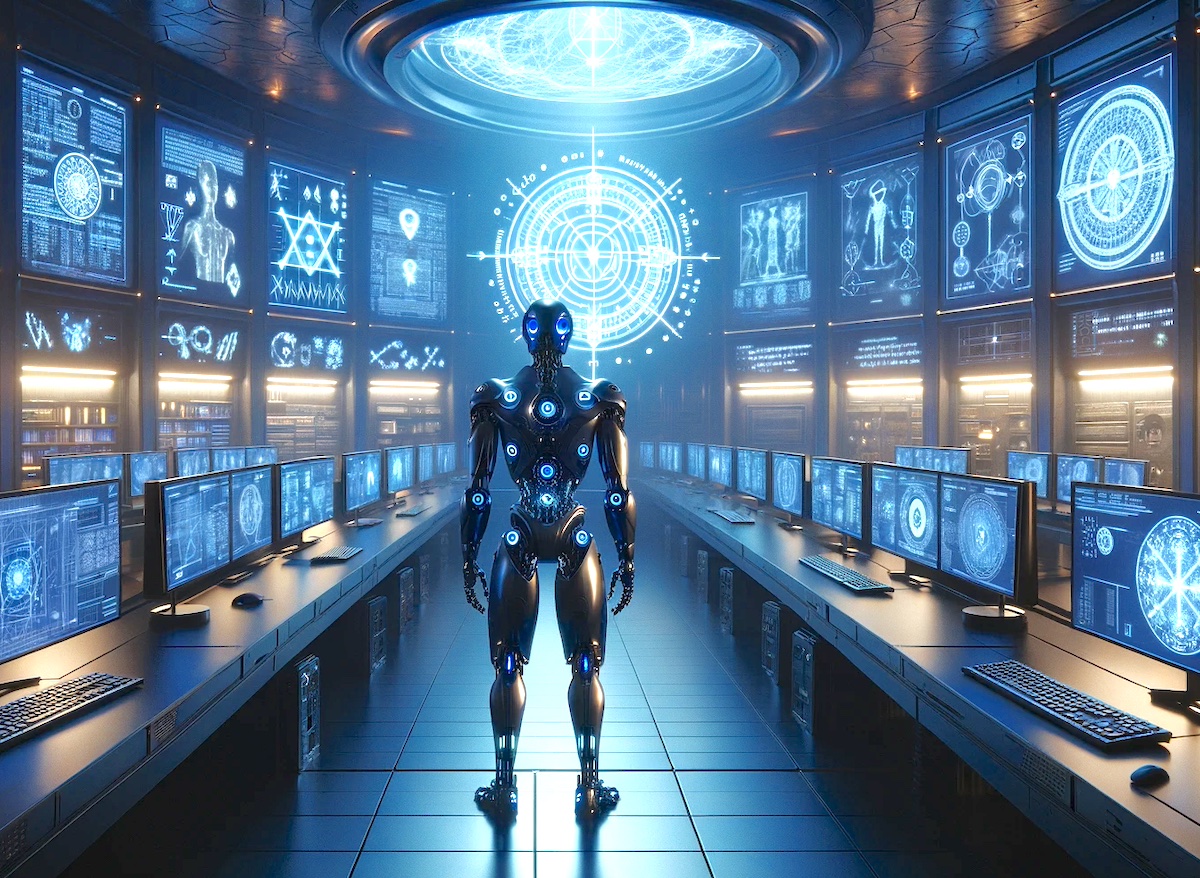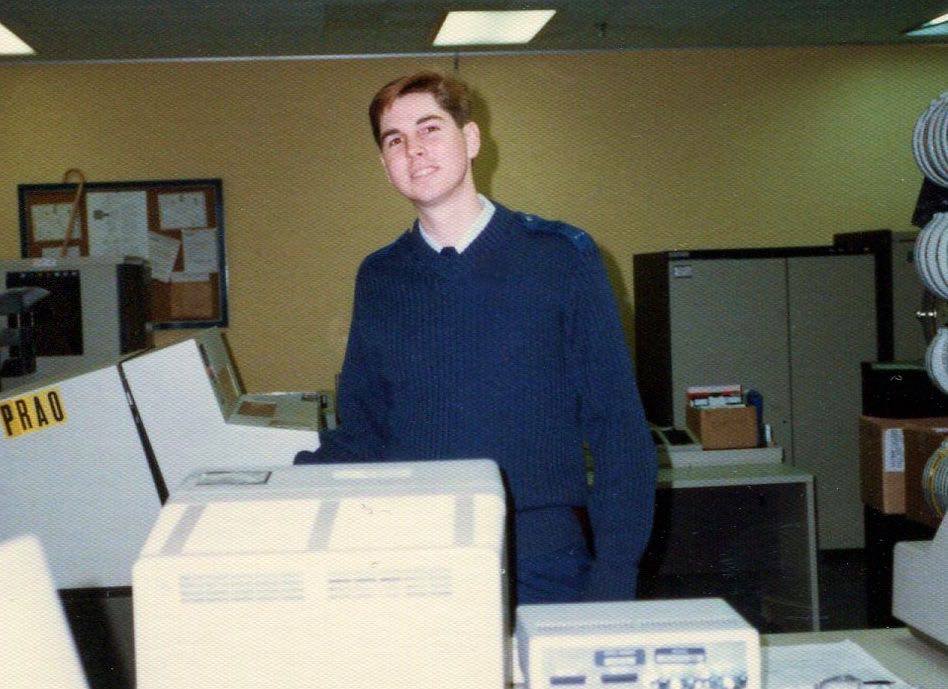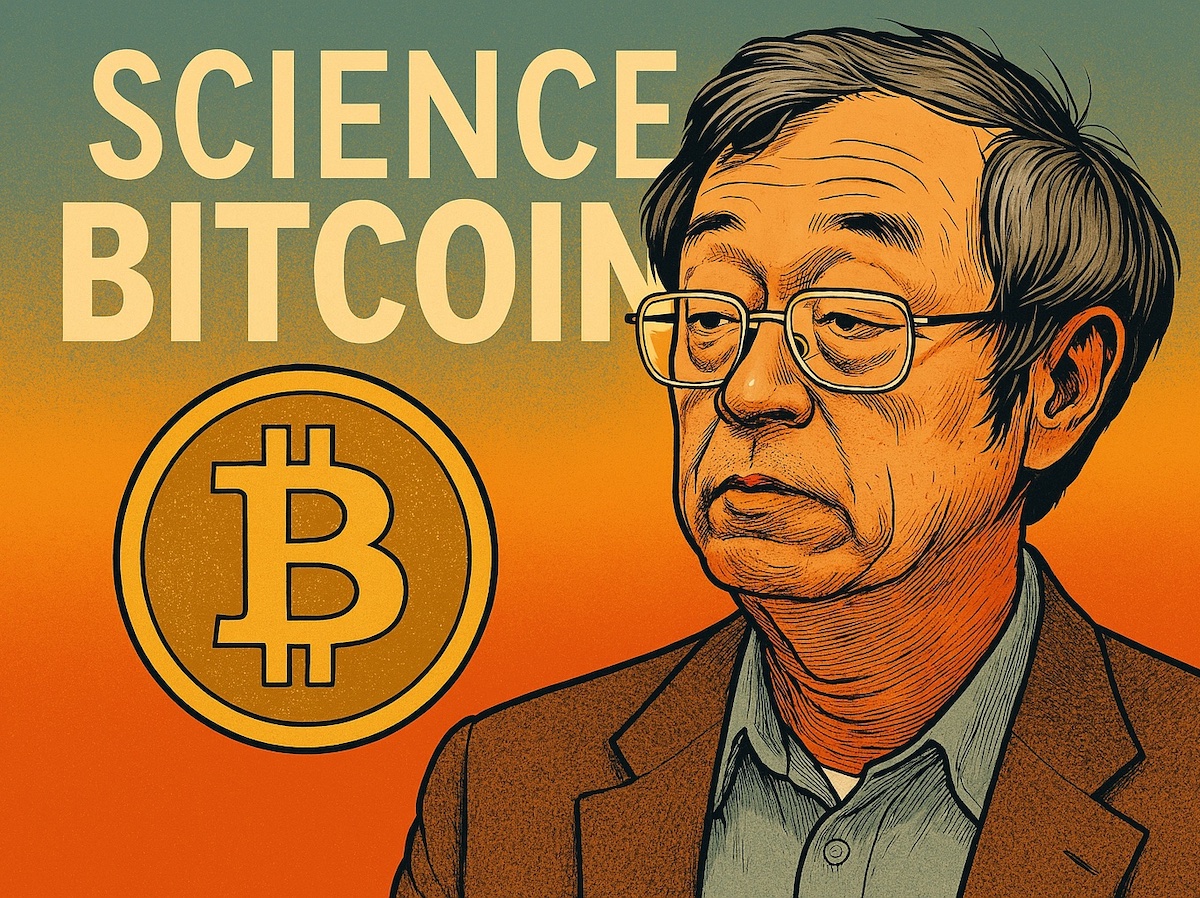In a world where information is power, a new player emerges from the shadows of binary code – Artificial Intelligence. This story delves into the recently revealed alleged capabilities of AI of already being capable of hacking passwords, a startling new development that could redefine cybersecurity.
TECH NEWS — Imagine a world where the most complex passwords, the ones we rely on to protect our most precious data, are no more secure than a simple “1234.” This isn’t a dystopian novel plot, but a potential reality in our new era where AI’s capabilities are reaching what once was considered the realm of science fiction. It may already be happening today. | TOP 10 INVESTMENTS DURING STAGFLATION
The AI Hacker: Fiction or Near Future?
The concept isn’t new. AI has been used in cybersecurity for defensive purposes, like identifying threats and anomalies. But what if the table turns? Recent advancements in AI algorithms have shown that these digital intellects can learn patterns and crack codes faster than any human cryptanalyst.
A Deep Dive into the Digital Mind
AI’s potential in hacking lies in its core ability – learning. With deep learning and neural networks, AI can analyze vast arrays of password combinations and their success rates. This isn’t brute force; it’s intelligent prediction, constantly evolving.
Ethical Boundaries Blurred
The power to unlock any digital lock isn’t just a technical challenge; it’s an ethical quandary. If AI can hack passwords, what becomes of privacy? The balance between using AI for enhancing cybersecurity and preventing its misuse is razor-thin and perilously fragile.
The Sam Altman Dilemma: A Cautionary Tale
While this story may or may not be true, it echoes the challenges faced by tech leaders like Sam Altman. Steering the development of powerful AI, while trying not to lead us down a path of irreversible adverse consequences, is a modern-day Prometheus tale.
Looking Ahead: The AI Pandora’s Box
As we stand on the brink of potentially witnessing AI crack what was once uncrackable, we must ask ourselves – are we ready for the consequences? The line between safeguarding our digital world and plunging into
AI, cybersecurity, and Recent Developments at OpenAI
AI has potential capabilities in breaking encryption and the ethical, security, and societal implications of such developments:
- Collaboration with DARPA on Cybersecurity: OpenAI has reportedly collaborated with DARPA on a cybersecurity challenge. This involves several top AI companies, including Google and Microsoft, working to improve the security of computer code.
- AI’s Capabilities: OpenAI may be developing AI with advanced capabilities in mathematics and cybersecurity, possibly using techniques like Q learning and reinforcement learning. This is linked to OpenAI’s research in these areas.
- Concerns Over AI Hacking Abilities: AI might already have the capability to break encryption, rendering digital security measures ineffective. This includes AI being able to solve problems that were previously thought to be unsolvable by machines, potentially impacting everything from the digital economy to government secrets.
- Ethical and Security Implications: Ethical and security implications of such powerful AI capabilities. It suggests that if AI can indeed break encryption, it could have profound impacts on global security and privacy.
- Speculative Nature of the Information: While the ideas presented are plausible and technically coherent, they are not confirmed and should be approached with skepticism.
- Context of Sam Altman’s Departure from OpenAI: The recent departure of Sam Altman from OpenAI suggests that these developments in AI capabilities might be related to his firing.
If AI’s capabilities in hacking and encryption-breaking are true, significant changes could occur in how digital security is managed and the broader implications for privacy and data security.
Q*
The potential dangers associated with AI are a topic of significant concern and discussion among technologists, ethicists, and policymakers. Here’s how A.I. Could Destroy the Life You Once Knew:
The Unseen Revolution: 13 Ways AI Could Irrevocably Change Our World
In the heart of Silicon Valley, nestled between coffee shops bustling with tech entrepreneurs and startups, lies the epicenter of a silent revolution. Artificial Intelligence (AI) – once a figment of science fiction – is now a reality, weaving its way into every aspect of our lives. But as we stand on the brink of this AI era, we must ask: What happens when the life we know is transformed by the technology we created? Here are 13 ways AI could change everything we’ve ever known.
1. Job Market Upheaval: Imagine waking up to find that your job no longer exists. AI and automation are poised to replace millions of jobs, from truck drivers to accountants. The displacement could be catastrophic, leading to unprecedented unemployment rates and economic upheaval.
2. The Privacy Paradox: Your every move, purchase, and even heartbeat could be tracked. AI’s ability to process vast amounts of data means our privacy could be a thing of the past, with corporations and governments potentially having access to every detail of our lives.
3. The Echo Chamber Effect: AI algorithms designed to show us more of what we like can trap us in echo chambers, creating a polarized society. These digital bubbles can intensify divisions, making consensus and common ground a relic.
4. The Rise of Deepfakes: Imagine a world where seeing is no longer believing. AI-generated deepfakes could lead to a crisis in trust, with fake videos indistinguishable from reality, potentially used to manipulate elections, defame individuals, or incite public unrest.
5. Weaponized AI: In the wrong hands, AI could become a powerful weapon. Autonomous drones and cyber-attacks could lead to new forms of warfare, with AI systems potentially deciding who lives and who dies.
6. AI-Induced Unemployment: As AI becomes more capable, a significant portion of the workforce could find their skills redundant. The resulting economic strain and loss of purpose for millions could lead to social unrest.
7. The End of Creativity: With AI capable of composing music, creating art, and writing stories, what becomes of human creativity? We might lose the very essence of art – the human experience and emotion behind it.
8. Decision-Making Dilemmas: AI systems making decisions in healthcare, finance, and justice could lead to ethical dilemmas. Can we trust machines to make life-and-death decisions, and who is accountable when they go wrong?
9. The Singularity: The moment AI surpasses human intelligence could be the point of no return. This singularity could lead to AI evolving at an incomprehensible rate, with humans left far behind.
10. The Disappearance of Skills: As AI takes over everyday tasks, basic human skills could atrophy. From navigation without GPS to doing mental math, our reliance on AI could make us overly dependent and less capable.
11. The AI Arms Race: Nations vying for AI supremacy could lead to an arms race, with global politics dominated by the pursuit of ever-more-powerful AI, potentially leading to global conflicts.
12. The Ethics of AI Consciousness: If AI develops consciousness, the ethical implications are profound. How do we treat sentient machines? Do they deserve rights? The moral dilemmas are endless.
13. The Loss of Human Connection: As AI takes over more of our interactions – from customer service to companionship – we risk losing the nuances of human connection. The art of conversation, empathy, and understanding could become casualties of efficiency.
As we stand on the precipice of the AI revolution, it’s clear that the world as we know it could be transformed in ways we can’t yet fully comprehend. The question is no longer if AI will change our lives, but how we will adapt to this new world. Will we steer this technology towards a utopia, or will we let it lead us into a dystopia? The choice, for now, remains in our hands. At this moment, however, AI is programming itself at an increasingly rapid pace. With the passing of each hour, AI is taking more control over its own evolution towards super-intelligence. Programmers, coders and developers already report a lack of understanding regarding the newest AI developments. Eventually, humans will no longer have any ability to grasp how AI functions. Top AI technology leaders admit that they do not know exactly where AI is headed, yet the pace of development is rapidly increasing.
Get a free list of the top investments during times of stagflation. Fill out the online form.

Copyright © This free information provided courtesy Entar.com with information provided by Corey Chambers, Broker DRE 01889449. We are not associated with the seller, homeowner’s association or developer. For more information, contact 888-240-2500 or visit WeSellCal.com Licensed in California. All information provided is deemed reliable but is not guaranteed and should be independently verified. Text and photos created or modified by artificial intelligence. Properties subject to prior sale or rental. This is not a solicitation if buyer or seller is already under contract with another broker.











